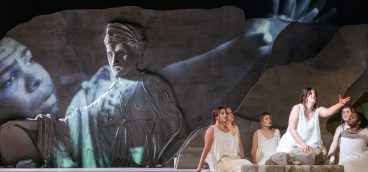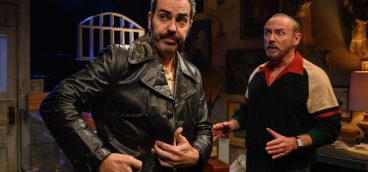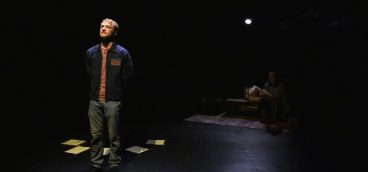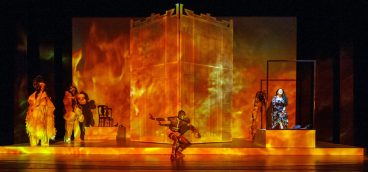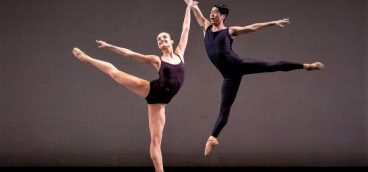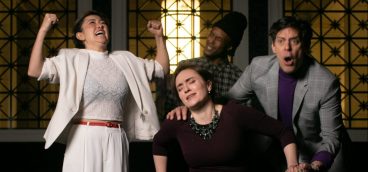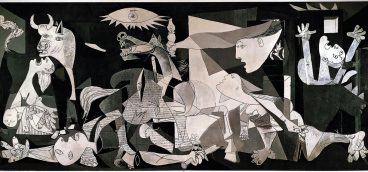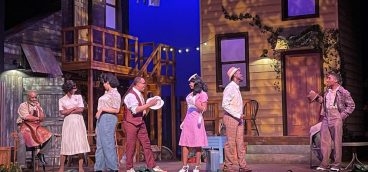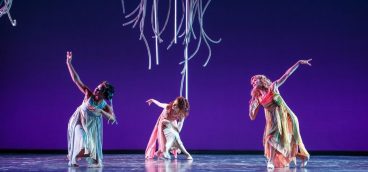An Enchanting Evening in Another World: Chatham Baroque Transports Us to the Realm of Bach
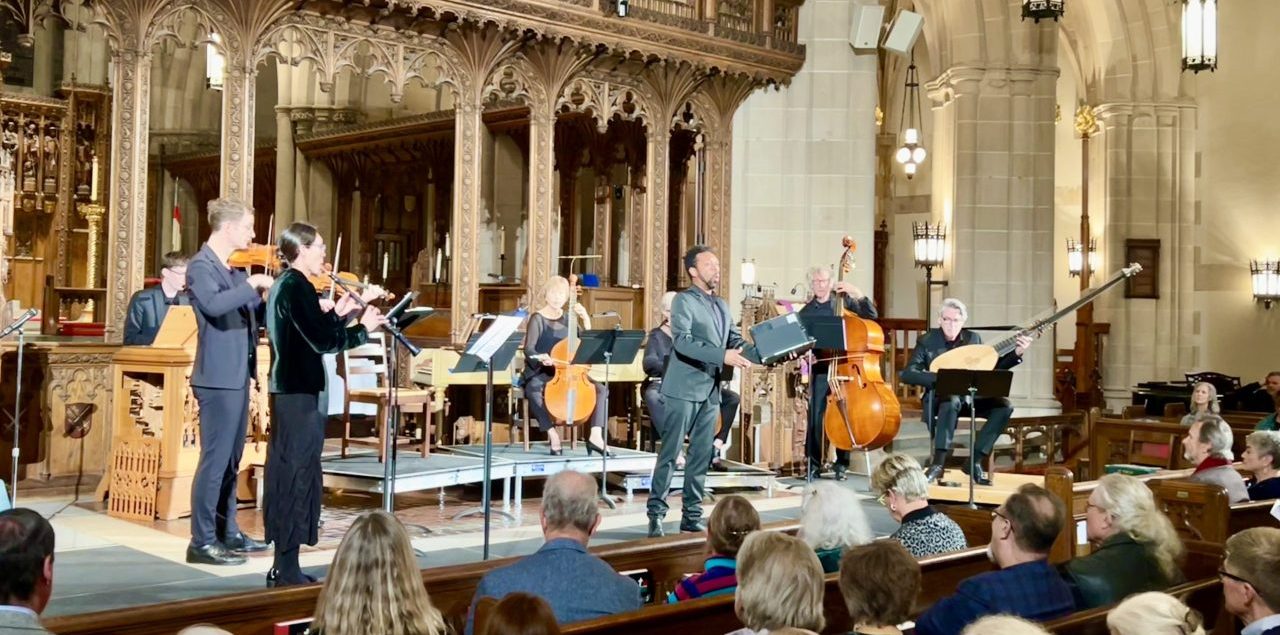
Several years ago, when I lived in Cambridge, I happened to sit next to an eccentric man on a flight to Boston, who had a large musical instrument occupying the seat next to him. Suspecting that it wasn’t a cello, I asked what it might be, and he said a viola da gamba. I replied, oh, like the instrument played by Sainte-Colombe (the legendary 17th-century violist and composer) in the film Tous les Matins du Monde (All the Mornings of the World)? And he said, with surprise, why yes! We chatted about this artistic 1991 French production – which we both loved – and he related how he was flying into town to play in a baroque symphony concert.
The man confessed that he had never been to Boston before and was nervous about getting his instrument to his hotel, so I offered him a ride in my girlfriend’s Saab convertible. I think he was grateful to sit next to his beloved viol in the open-air back seat, rather than trusting it to the potentially crude machinations of a Boston cabby, and the tight confines of a trunk potentially filled with tire irons and metal jacks.
Graciously, he offered us tickets to his concert that weekend, and so we went. It was an impressive and very accomplished performance, but a rather fustian experience. By the end we were exhausted rather than vivified.
Unfortunately, that became the prevailing image of baroque concert music in my mind for many years; that is, until I attended a performance by Chatham Baroque last year, having moved back home to Pittsburgh. To be honest, I like our arts scene — especially music and theater – better than Boston’s, just as I like our sports better. There’s something affirming about how Pittsburgh synthesizes the best parts of being both a small, yet sophisticated city, which enables our cultural institutions to have a unique and undeniable human personality, unlike the “grander” affectations often manifested in performances executed in Boston, or New York. (And yes, this includes football).
The “Alegria” program Chatham Baroque presented in December, subtitled “Music from Baroque Spain and the Americas,” was revelatory, combining instruments including violin, theorbo, viola da gamba, and percussion, with two dynamic guest singers (the soprano Pascale Beaudin and mezzo soprano Raquel Winnica Young). Featuring selections from a variety of 17th– and 18th-century composers, the concert brought listeners inside the music in a way rarely achieved by large symphonic halls. One could sense the communication between the musicians, which felt like watching a theatrical performance in a small, black box theater, rather than on some grand, proscenium stage. After seeing this show, I was enthralled.
Earlier this month, Chatham Baroque presented “The Joy of Bach” in Calvary Episcopal Church, a building that I’m intimately familiar with, yet which somehow became a conduit for transporting listeners to the early 18th-century, and suspending them in a transcendent state that would not have been attainable in a contemporary concert hall.
The program opened with Bach’s Prelude and Fugue in C BWV 547, a hypnotic, swirling organ selection performed by Alan Lewis, which elicited the feeling of a train ride through a forest with light breaking through the trees, propelled by an almost waltz-like rhythm.
The next piece, Brandenburg Concerto No. 6 in B-flat Major BWV 1051, comprising seven players, and bass-baritone Jonathan Woody, had three parts, the first moving like a self-aware, organic entity, pausing to reflect, gather its thoughts, then charging ahead, building momentum, and then slowing, as if to reconsider the path it wanted to follow. For a composition to achieve this kind of cognitive embodiment is remarkable. But this is what Bach can do, with an enlightened compliment of players.
The second movement (adagio) was slower and lugubrious, producing the kind of cadence one might employ walking through a museum, looking at paintings on the walls both left and right as one passes.
Finally, the allegro movement culminated with a sense of triumph, after a joyous galloping sequence.
The Ricercare a 6 BWV 1079, perhaps the highlight of the show, was part of a larger composition Bach made for Frederick the Great of Prussia in 1747. An extremely complicated six-voice fugue, the piece is, as the program states, “among the most elaborate fugues ever composed.”
The six string “voices” emerge one by one, building and overlapping, like swans drifting on a lake, beginning to move in different directions, but coming together inexplicably each time they start to lose convergence. It would make a perfect score for a ballet; in fact, one could almost imagine dancers unfolding behind the music. Melodies went up and down like figures in an Escher drawing – just as you thought one was ascending it would reverse and descend. Imagine six invisible spirits telling their life stories simultaneously, but graciously, without ever drowning each other out.
The final selection, Cantata “Ich habe genug” BWV 82, added Mr. Woody’s resonant voice, and Kathryn Montoya’s ethereal oboe to the mix, which played off each other like someone listening to his own echo free itself and become a separate consciousness. The strings acted as a cadence for Mr. Woody’s vocalization, which projected a somnolent tone, like a person exulting in song at night who didn’t want to disturb anyone but couldn’t hold back his joy at being able to sing.
In addition to the those mentioned above, this concert also feathered Chatham Baroque members Andrew Fouts (violin & viola), Patricia Halverson (viola da gamba), and Scott Pauley (archlute & theorbo). Guest artists included Daniel Elyar (viola), Paul Miller (violin), Martha McGaughey (viola da gamba), Rebecca Humphrey Diederich (violoncello), J. Tracy Mortimore (bass and violone), and Justin Wallace (harpsichord & chamber organ).
Don’t despair if you didn’t attend this sublime program, as Chatham Baroque is presenting “In the Court of the King: Music of Bach and Marais” on April 5th and 6th. Marais refers to Marin Marais, the famed student of the aforementioned Sainte-Colombe, depicted in the film I referenced to my seatmate on that flight to Boston.
And if you have the chance, watch “Tous les Matins du Monde” before this upcoming concert, so you can experience a prefatory touch of the historical enchantment that Chatham Baroque offers in every one of its performances.
For further information: chathambaroque.org, or 412-687-1788.



